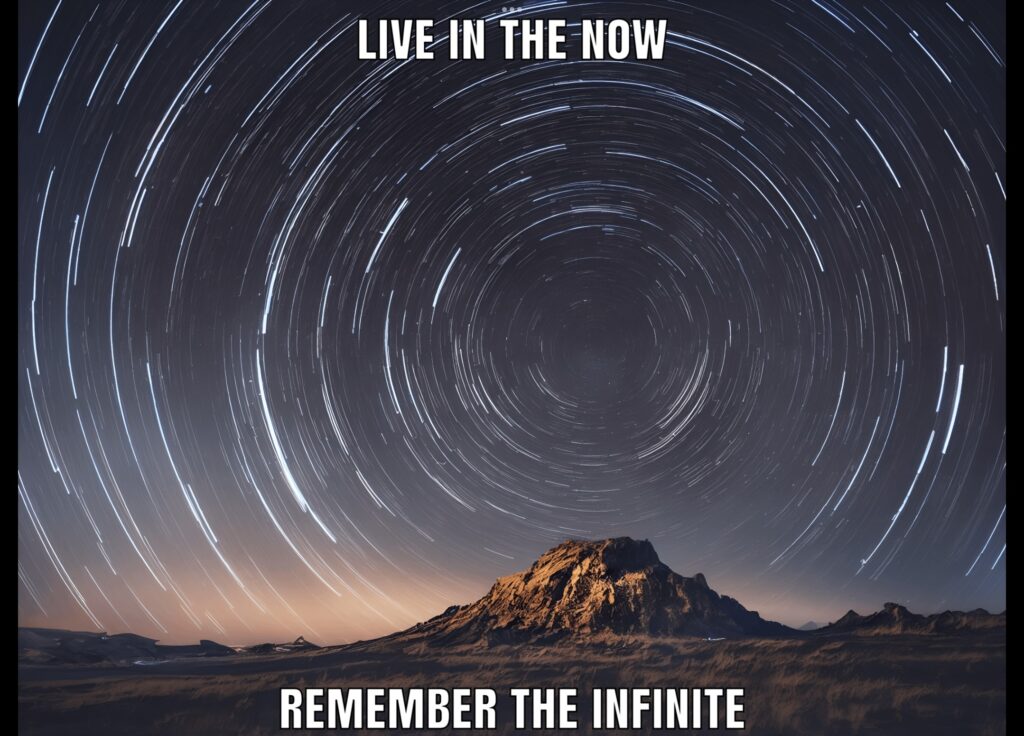On July 1, 2024, the U.S. Supreme Court told us what 2025 would look like: Trump would return to office, with unlimited freedom and power.
Its presidential immunity ruling — ironically entitled Trump v. United States — ended the American experiment and set into motion the only sane response to the pending insanity from the Christian Right.
I call it The Great Uncoupling.
Not from reality: I’ll leave that to the religious. No, an uncoupling from The Great American Din: the 24/7 news; social media idiots selling “their best selves;” conspiracy podcasters; clickbait.
In short, the taproot of our national cortisol addiction. And while it’s impossible to go cold turkey, we can begin a gradual withdrawal.
The sentinel for this shift must be none other than the god of Evidentialism, Marcus Aurelius. His Meditations offers wisdom not just for emperors, but for anyone about to enter the Trumpisphere. Here’s the blueprint he provides:
Power Over Mind
“You have power over your mind—not outside events. Realize this, and you will find strength.”
What It Means: This principle is at the core of Stoic philosophy. Marcus reminds us that while we can’t control the rise of Trumpism or the chaos it brings, we can control our reactions.
How to Apply It: Focus exclusively on your sphere of influence. Direct your energy toward tangible local impact through community service, mutual aid, and practical support for those in need, while maintaining enough awareness to stay informed without becoming consumed.
Action Over Debate
“Waste no more time arguing about what a good man should be. Be one.”
What It Means: Aurelius warns against fruitless debates and performative virtue. Being “good” isn’t about perfection; it’s about consistent, meaningful actions.
How to Apply It: Transform online energy into real-world impact. Replace social media debates with direct community action, whether through local volunteering, supporting justice organizations, or creating neighborhood support networks. Stop doomscrolling.
Truth and Integrity
“If it is not right, do not do it; if it is not true, do not say it.”
What It Means: Integrity is non-negotiable, even in the face of widespread dishonesty and manipulation. Stay rooted in truth and morality, no matter how tempting shortcuts may be.
How to Apply It: Break the outrage cycle. Fact-check rigorously before sharing information and respond to inflammatory content with thoughtful action rather than reactive anger. Beware any corporate media.
Rising Above
”The best revenge is to not be like your enemy.”
What It Means: While it’s easy to mirror the tactics of those we oppose, true victory lies in maintaining humanity despite provocation.
How to Apply It: Channel anger into creation. Transform reactive energy into building new systems, support networks, and community structures that make the old ones obsolete.
Quality of Thought
“The happiness of your life depends upon the quality of your thoughts.”
What It Means: Happiness stems not from external circumstances but from cultivating a disciplined and constructive mindset.
How to Apply It: Curate your mental diet. Ruthlessly eliminate sources of outrage and replace them with inputs that inform, inspire, and enable practical action.
The Balance of Civic Duty
“That which is not good for the swarm, neither is it good for the bee.”
What It Means: The Great Uncoupling isn’t about abandoning civic responsibilities—it’s about engaging more effectively while maintaining mental sovereignty.
How to Apply It: Build wisdom networks. Create or join spaces for thoughtful dialogue where people can process events, share resources, and coordinate meaningful action without feeding the outrage machine.
Marcus teaches that strength comes not from hiding from the storm, but from the inner resilience that manifests by helping others weather it. The Great Uncoupling is our strategic repositioning: stepping back from chaos to engage more effectively with challenges that truly matter.
Let The Great Uncoupling begin—not as retreat, but as revolution in how we engage with truth, our world and each other.



